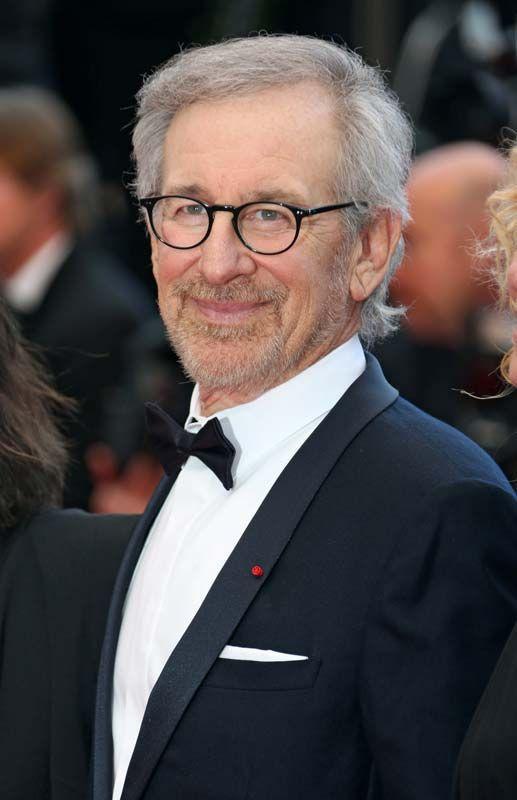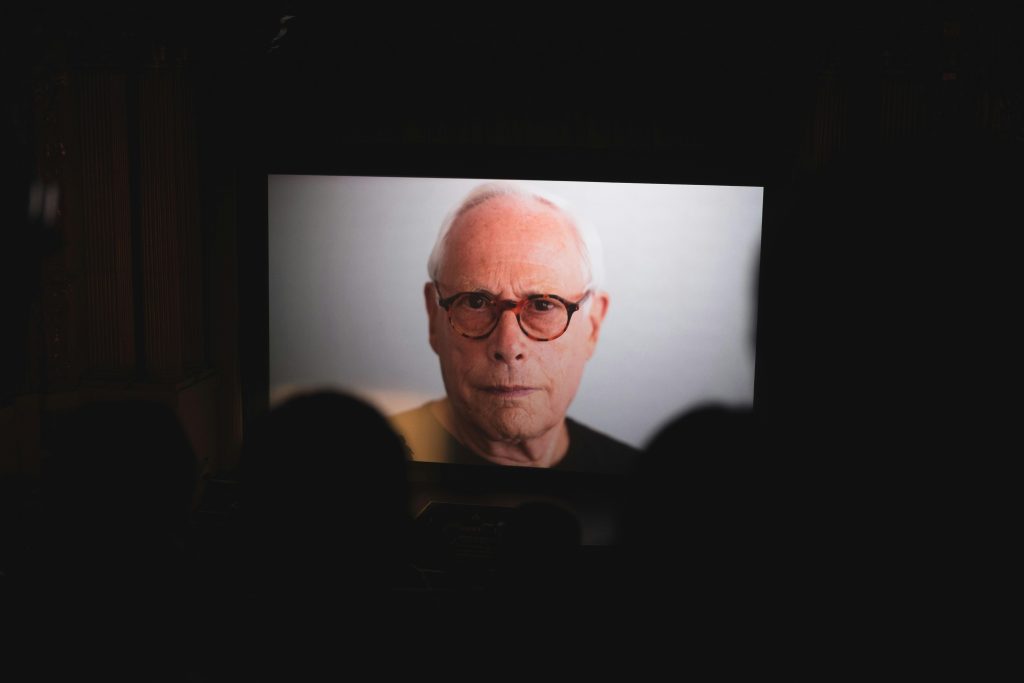In the grand tapestry of cinematic history, few names resonate as profoundly as Steven Spielberg. A master storyteller and visionary director, Spielberg has left an indelible mark on the world of Hollywood blockbusters, transforming the landscape of film with his unique blend of innovation, emotion, and spectacle. From the awe-inspiring wonder of “Jurassic Park” to the heart-pounding adventure of “Indiana Jones,” Spielberg’s films have not only captivated audiences worldwide but have also redefined the very essence of what it means to be a blockbuster. This article delves into the multifaceted impact of Spielberg’s illustrious career, exploring how his creative genius has shaped the industry, influenced generations of filmmakers, and forever altered the cinematic experience for audiences around the globe. Join us as we journey through the legacy of a filmmaker whose imagination knows no bounds and whose influence continues to ripple through the corridors of Hollywood.
Spielbergs Signature Style and Its Lasting Influence
Steven Spielberg’s remarkable ability to blend technical prowess with human emotion has defined his signature style, leaving an indelible mark on the landscape of Hollywood blockbusters. His films often incorporate a unique blend of suspense, wonder, and heart, achieved through the use of innovative special effects and a deep understanding of narrative pacing. Spielberg’s talent for storytelling shines in his creation of unforgettable characters and compelling plots that resonate with audiences worldwide.
- Visual Storytelling: Spielberg’s mastery of visual storytelling, using iconic camera angles and dynamic movement, creates immersive experiences that draw viewers into his cinematic worlds.
- Emotional Depth: His films often explore themes of childhood wonder and human connection, imbuing even the most fantastical stories with relatable emotions.
- Technological Innovation: Spielberg has consistently pushed the boundaries of film technology, from pioneering CGI in Jurassic Park to revolutionizing motion capture in The Adventures of Tintin.
The ripple effect of Spielberg’s style is evident in the works of countless directors who have drawn inspiration from his approach. His influence is seen in the way modern blockbusters balance spectacle with storytelling, ensuring that even the most visually stunning films remain grounded in human experience.

Revolutionizing Special Effects and Cinematic Techniques
Steven Spielberg’s influence on the film industry extends beyond storytelling, significantly transforming the realm of special effects and cinematic techniques. His films often serve as benchmarks for technological innovation in cinema, pushing the boundaries of what is possible on screen. With masterpieces like Jurassic Park and E.T. the Extra-Terrestrial, Spielberg pioneered the integration of cutting-edge technology with compelling narratives, setting new standards for visual storytelling.
- Innovative Use of CGI: Spielberg’s films have been at the forefront of utilizing Computer Generated Imagery, blending digital effects seamlessly with live-action to create immersive worlds.
- Practical Effects Mastery: Even in the age of digital, Spielberg’s commitment to practical effects ensures a tangible realism that resonates with audiences.
- Dynamic Camera Techniques: From sweeping shots to intimate close-ups, Spielberg’s camera work adds a dynamic layer to his storytelling, enhancing the viewer’s experience.
These elements not only revolutionized how stories are told visually but also influenced a generation of filmmakers who continue to draw inspiration from Spielberg’s groundbreaking work. His ability to merge technology with emotion has left an indelible mark on Hollywood blockbusters, ensuring that his legacy endures in the ever-evolving landscape of cinema.
Crafting Iconic Narratives: Lessons for Future Filmmakers
Steven Spielberg’s profound influence on Hollywood blockbusters is a masterclass in storytelling that future filmmakers can draw inspiration from. His films often combine innovative special effects with compelling narratives, creating a seamless blend that captures audiences’ imaginations. Spielberg’s unique ability to evoke emotion and suspense through visual storytelling is unparalleled, and his works have become blueprints for aspiring directors aiming to craft their own iconic narratives.
- Visual Storytelling: Spielberg’s use of visual cues and symbols to convey complex ideas without dialogue sets a benchmark for narrative clarity and impact.
- Character Development: His focus on character-driven plots ensures that even amidst grand spectacles, the human element remains central.
- Pacing and Suspense: Spielberg’s knack for timing and suspense, often achieved through meticulous editing and sound design, keeps audiences engaged from start to finish.
- Innovative Techniques: Future filmmakers can learn from Spielberg’s penchant for pioneering new technologies and techniques, always pushing the boundaries of what cinema can achieve.
By studying Spielberg’s approach, filmmakers can gain insights into creating narratives that are not only visually captivating but also emotionally resonant, ensuring their stories leave a lasting impact on audiences worldwide.

Redefining the Blockbuster Blueprint for Modern Audiences
Steven Spielberg has long been a pivotal figure in Hollywood, reshaping the blockbuster landscape with a formula that resonates with today’s audiences. His approach transcends mere spectacle, weaving in profound narratives and emotional depth. Spielberg’s genius lies in balancing the extraordinary with the relatable, creating films that captivate both the heart and mind. This is evident in his diverse portfolio, from the pulse-pounding action of “Jurassic Park” to the poignant storytelling of “Schindler’s List.”
- Character-Driven Stories: Spielberg’s blockbusters often focus on character development, ensuring that audiences form deep connections with the protagonists.
- Innovative Visuals: His pioneering use of special effects set new standards, merging cutting-edge technology with compelling storytelling.
- Universal Themes: The exploration of themes such as hope, fear, and humanity makes his films timeless, appealing to global audiences.
By integrating these elements, Spielberg has not only defined the blockbuster genre but also continually adapted it for modern sensibilities, ensuring his films remain relevant in an ever-evolving cinematic landscape.









